Can You Learn Hacking Without Programming Experience? A Complete Guide
While programming is a valuable skill in ethical hacking, it is not a strict requirement for getting started.
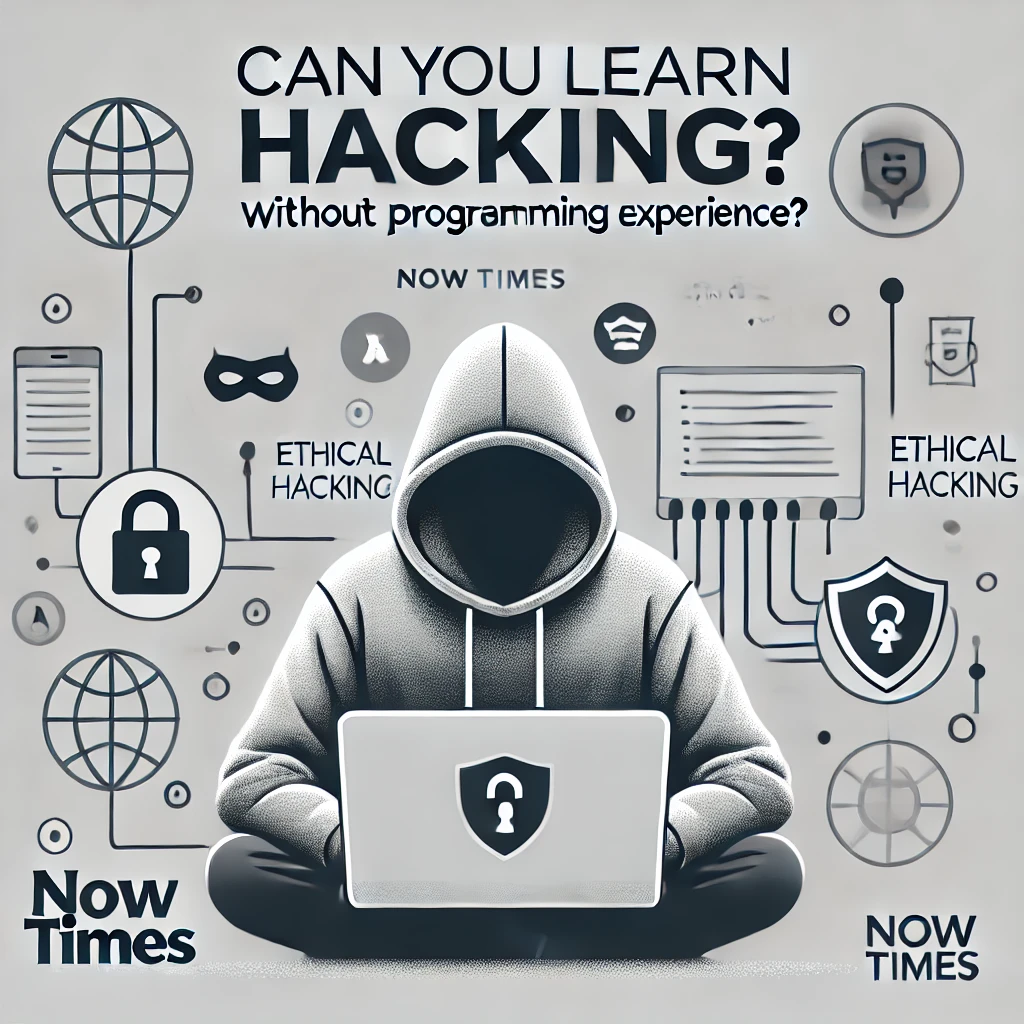
Introduction
Many people interested in cybersecurity wonder if they can become hackers without knowing how to program. While programming is a valuable skill in ethical hacking, it is not a strict requirement for getting started. You can learn hacking fundamentals, networking, and cybersecurity concepts first and then gradually pick up programming as needed.
This article will guide beginners who have no programming experience on how to start learning hacking, what skills are required, and how they can become ethical hackers.
1. Understanding Hacking Basics
Before jumping into programming, it is important to understand the core concepts of hacking, such as:
-
Cybersecurity Fundamentals – Learn about threats, vulnerabilities, and security defenses.
-
Networking Knowledge – Understand IP addresses, DNS, firewalls, and how data flows on the internet.
-
Operating Systems – Get familiar with Linux (especially Kali Linux or Parrot OS) since many hacking tools run on these systems.
-
Penetration Testing – Learn about ethical hacking, bug bounty programs, and security assessments.
2. Essential Skills for Beginners
Here are key non-programming skills you should focus on:
-
Using Command Line (CLI) – Learn how to use Linux terminal commands.
-
Understanding Security Tools – Get hands-on experience with tools like Nmap, Burp Suite, Metasploit, and Wireshark.
-
Google Dorking – Learn advanced search techniques to find hidden or exposed data online.
-
Social Engineering – Understand how attackers manipulate people to gain unauthorized access.
When to Learn Programming?
While you can start hacking without programming, knowing how to code will make you a better hacker. Programming helps in:
-
Writing custom scripts and automating tasks.
-
Understanding how software vulnerabilities work.
-
Modifying or developing hacking tools.
Here are some programming languages useful for hacking:
-
Python – Used for automation, exploits, and security scripting.
-
Bash – Helps in writing Linux shell scripts.
-
JavaScript – Useful for web-based attacks like XSS.
-
SQL – Important for understanding SQL injection attacks.
4. Best Resources to Learn Hacking Without Programming
If you want to start hacking without programming knowledge, here are some recommended resources:
Books:
-
The Web Application Hacker’s Handbook by Dafydd Stuttard.
-
Hacking: The Art of Exploitation by Jon Erickson.
Online Courses:
-
TryHackMe (Beginner-friendly cybersecurity training).
-
Hack The Box (Real-world penetration testing labs).
YouTube Channels:
-
NetworkChuck
-
Null Byte
-
The Cyber Mentor
5. Ethical Considerations
Learning hacking should always be done legally and ethically. Never attempt to attack systems without permission. Ethical hackers follow responsible disclosure guidelines and help secure systems rather than break them.
Conclusion
Yes, you can start learning hacking without programming experience! Focus on cybersecurity fundamentals, networking, and penetration testing first. As you gain experience, you can gradually learn programming to become a more advanced hacker. Keep practicing, stay ethical, and continue learning.
Leave a Comment
Releted Articles
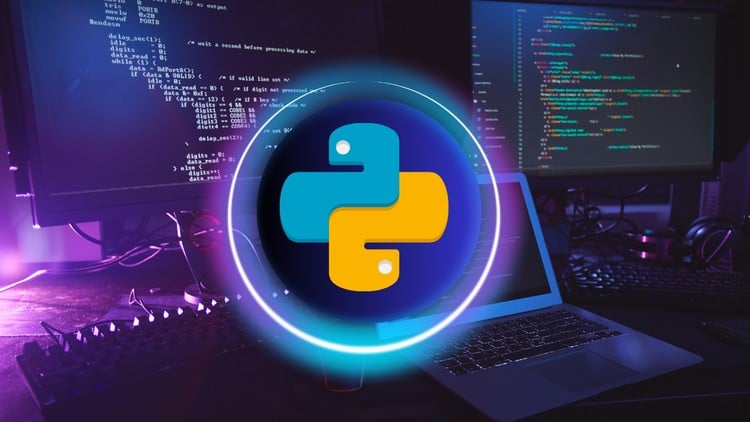
Python Programming for Beginners: Learn Python from Scratch – Course Review
This course is designed to take beginners from zero to proficiency in Python
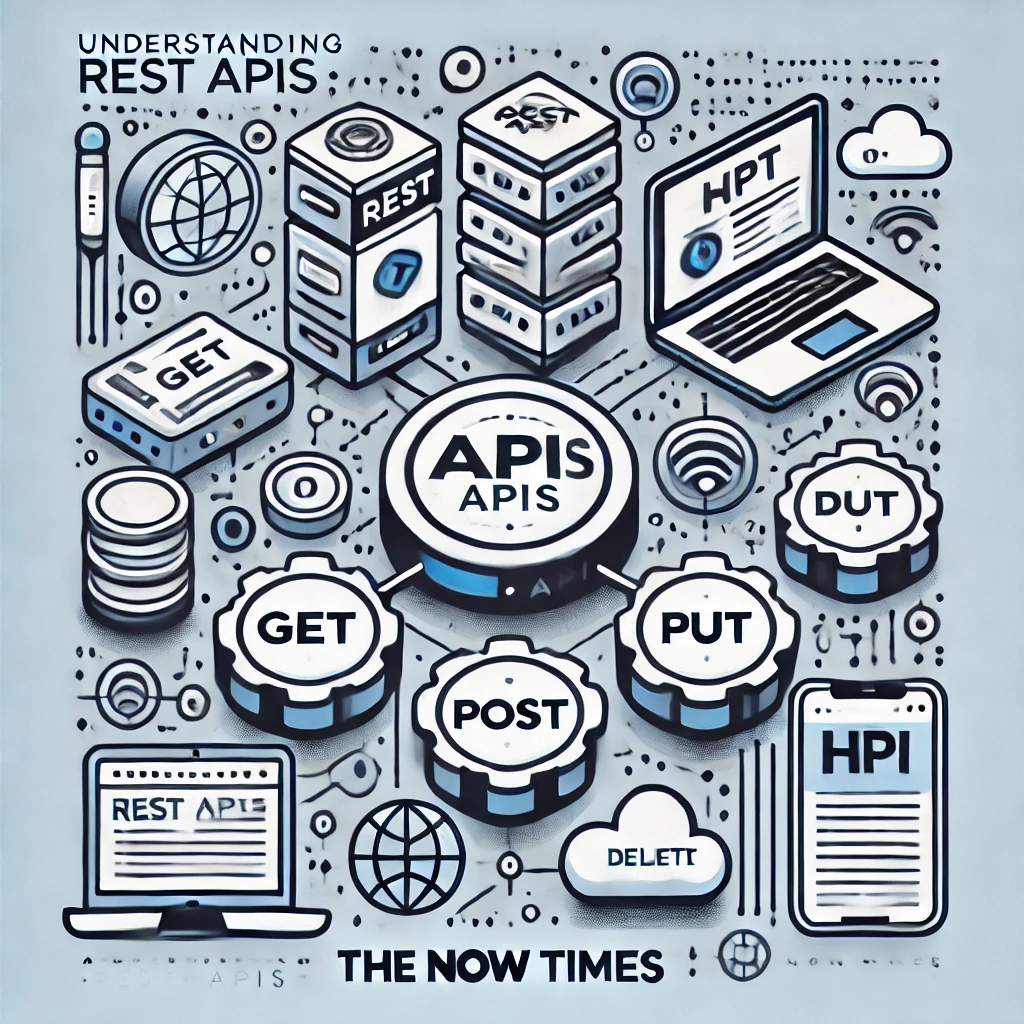
Understanding REST APIs: A Continuation of API and Their Types
REST APIs have revolutionized the way systems communicate over the web. Their simplicity, scalability, and compatibility with standard web protocols m
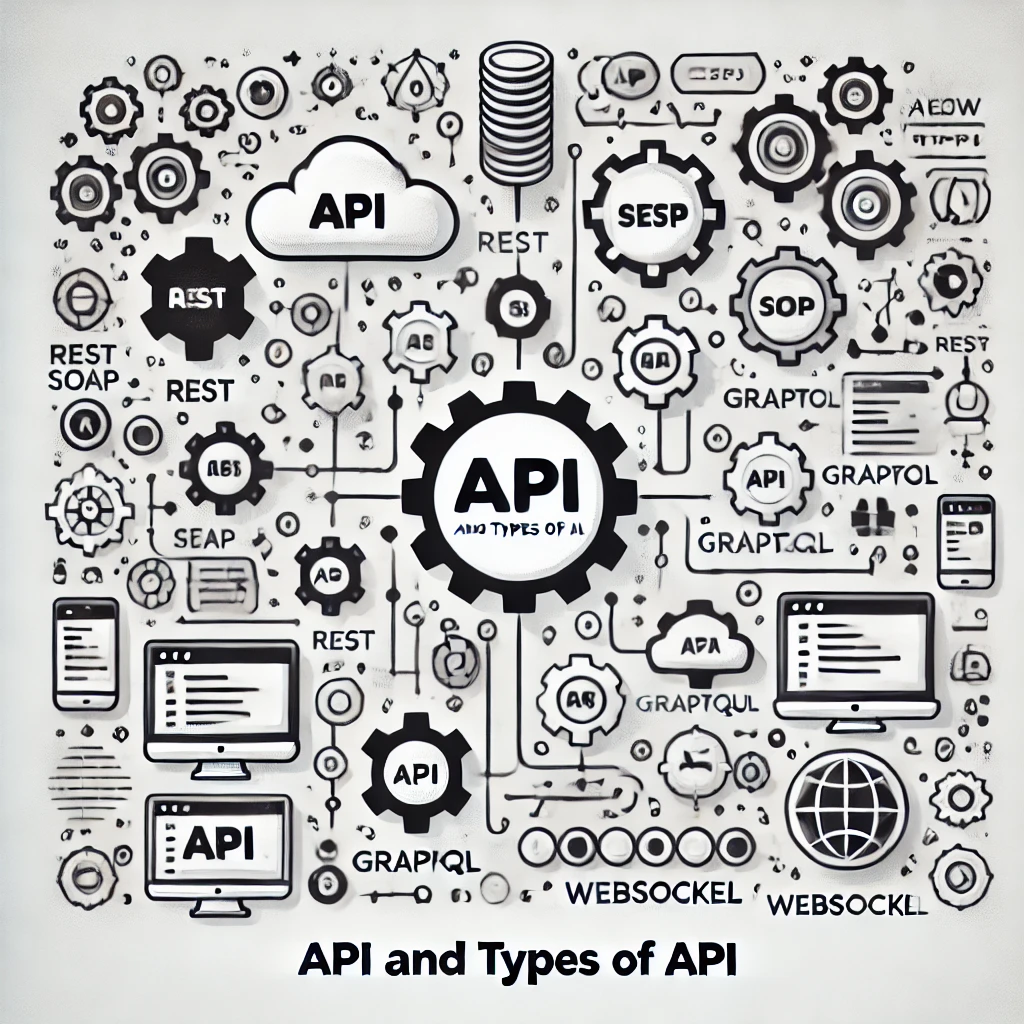
Understanding APIs and Their Types
APIs are the building blocks of modern software development, enabling seamless communication between diverse systems.
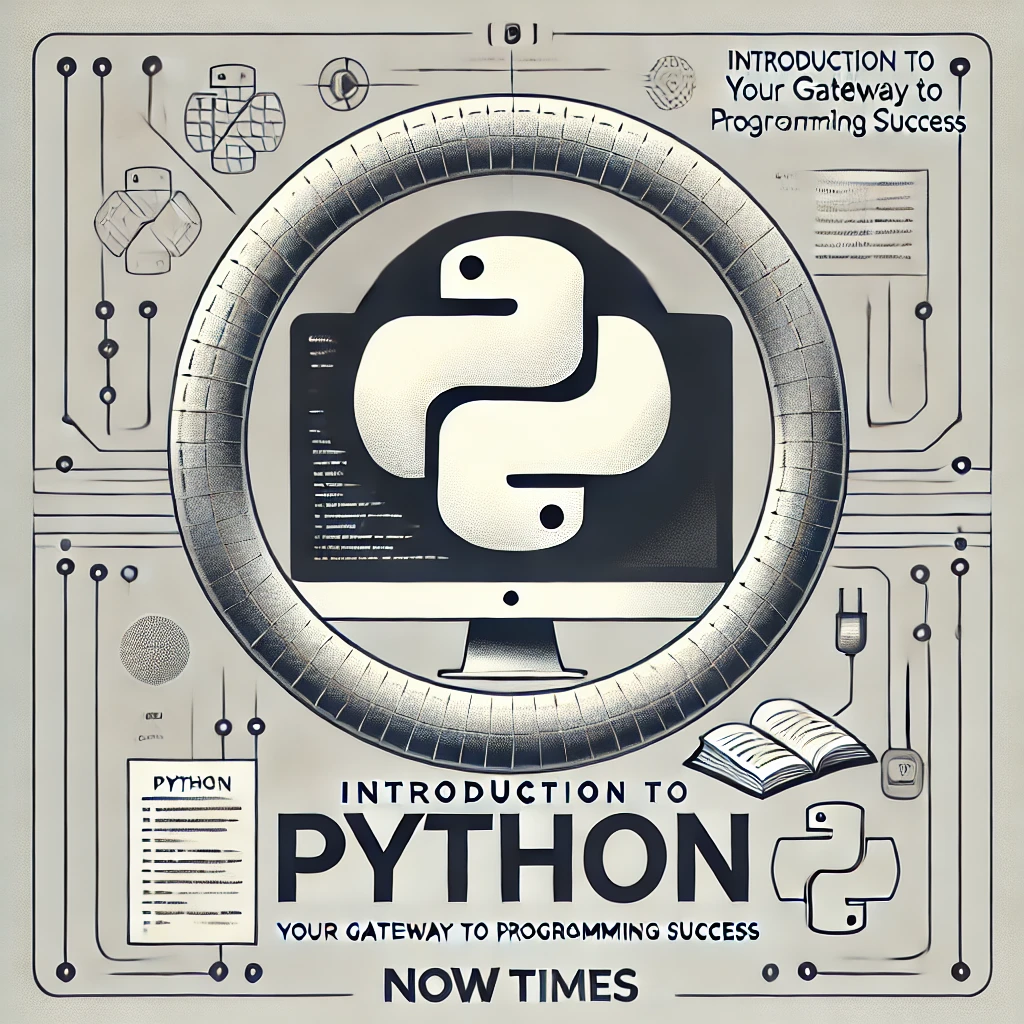
Introduction to Python: Your Gateway to Programming Success
Python is widely used in various fields, making it an invaluable skill
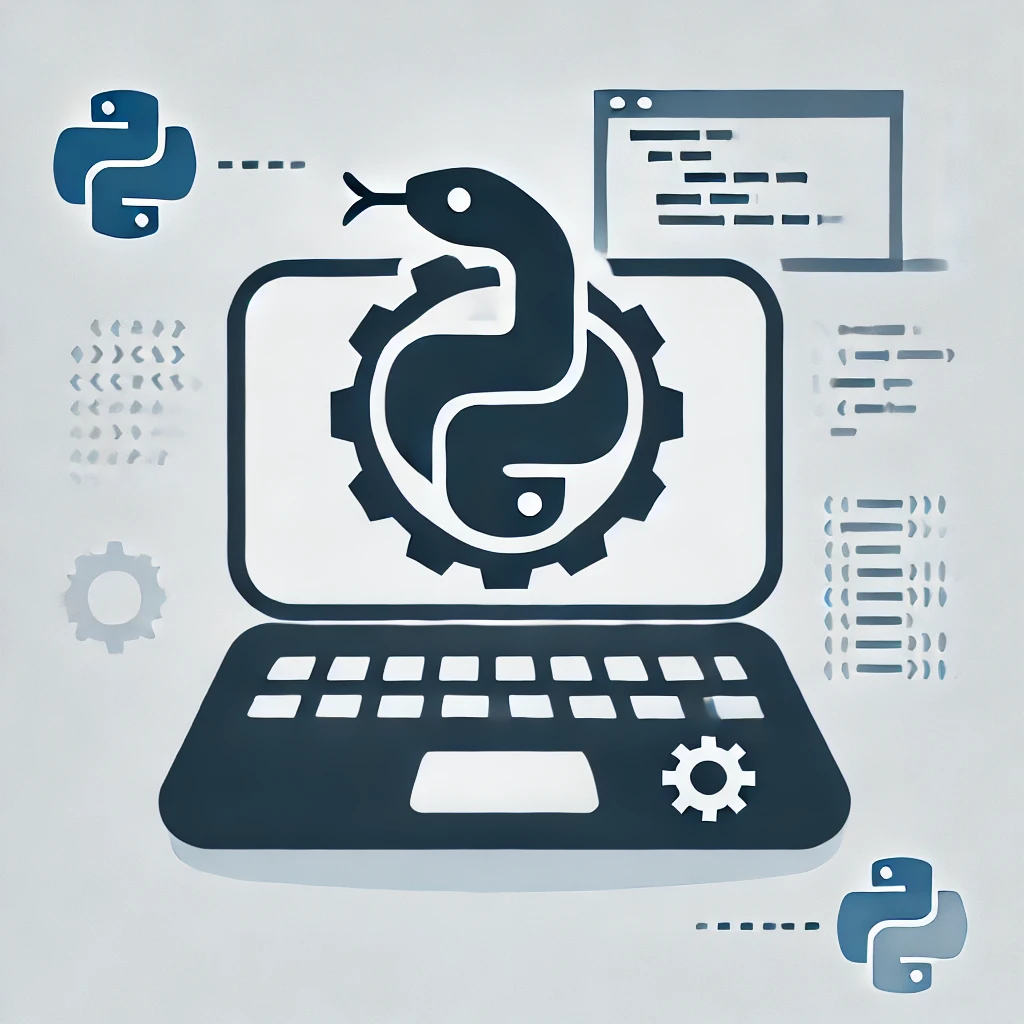
Mastering Python for Automation and Scripting: A Comprehensive Guide
Python is one of the most versatile and widely-used programming languages in the world,


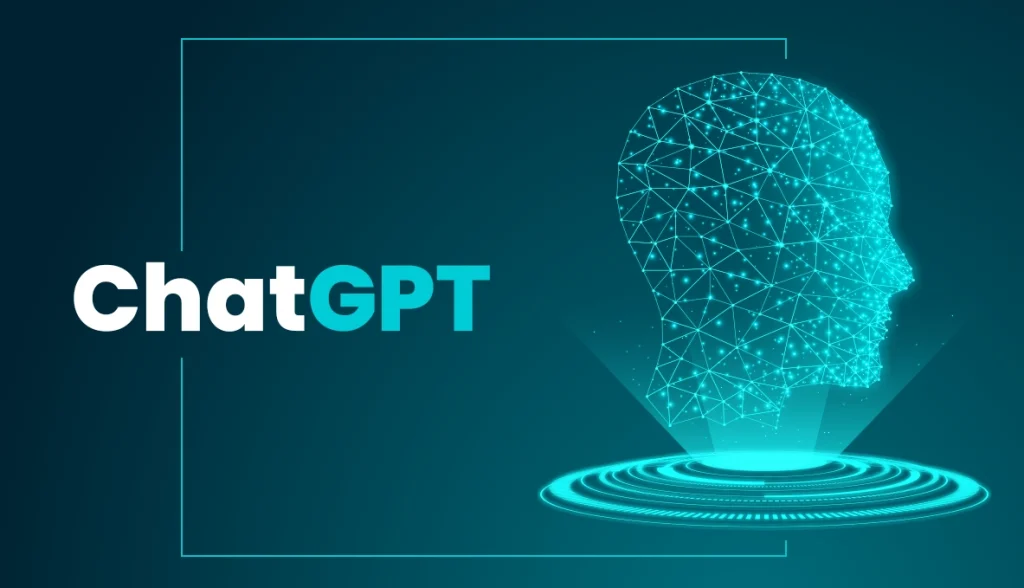

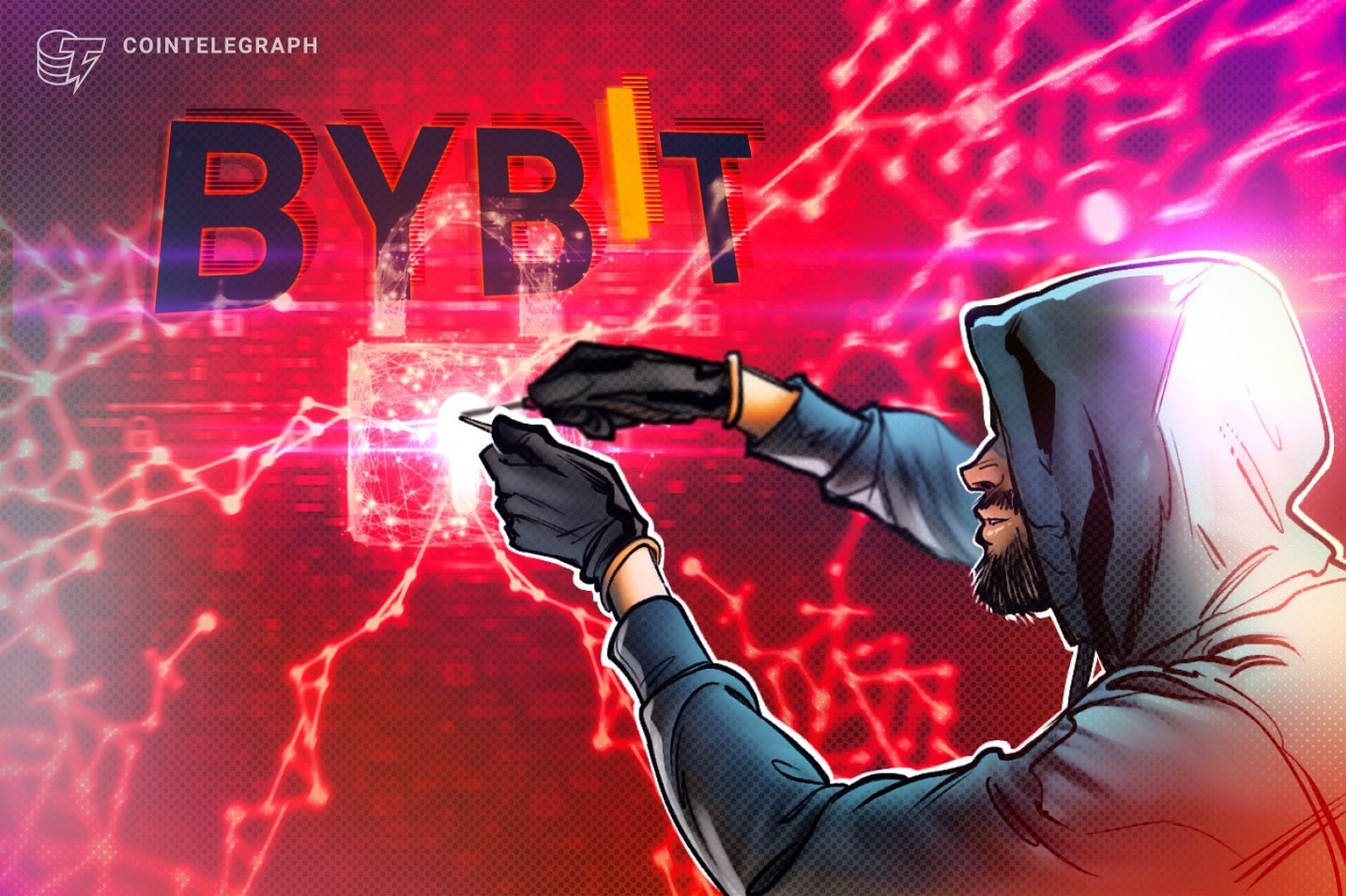
1 comments
CyberSmart
Jan. 29, 20252 replies CyberSmart